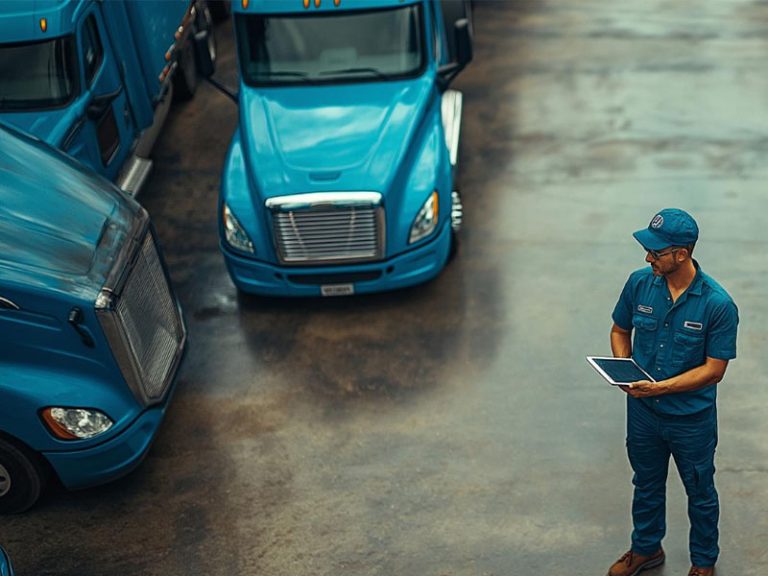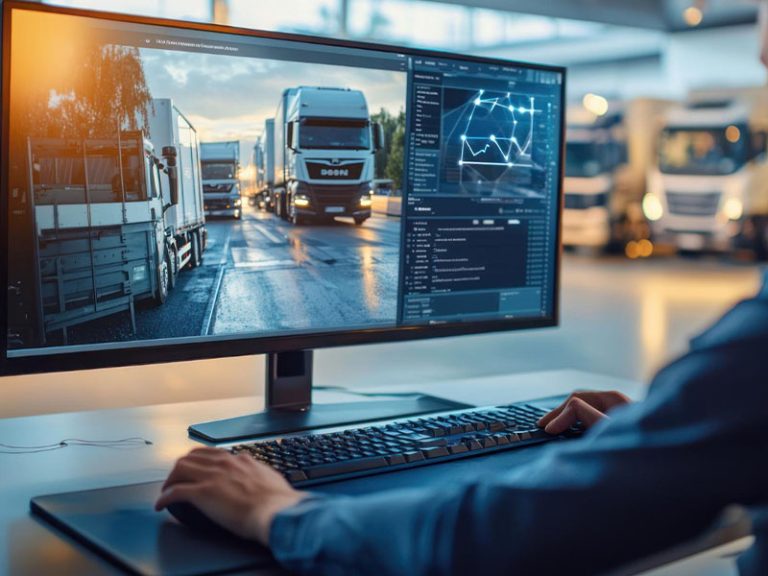Innovations That Are Changing Logistics Business

Modern technology has brought convenience and efficiency in different aspects of human life. One of its biggest impacts has been on the industrial sector. The introduction of innovations in technology has revolutionized many industries, and Logistics is one of them. Every company wants to optimize its operational efficiency, and that requires modern solutions like fleet management software. They help businesses manage things better and achieve efficiency.
Most of the logistics businesses around the globe are relying on innovative solutions to handle their operations. With the help of these solutions, the scope and working mechanism of the logistics industry are also changing. Let us look at the various innovations that are causing businesses to evolve.
GPS Tracking:
GPS tracking brought an evolution in many businesses around the globe, including logistics. It helps companies to monitor the movement of their vehicles in real-time and plan accordingly. They can keep up with the evolving needs better via efficient resource allocation. The modern GPS tracking software comes with innovative features like Fuel Monitoring, Geofencing, Eco-driving, etc., that help managers do their job.
Companies use fleet management software to handle different aspects of operations. They can achieve better efficiency and productivity. With better automation, the operations are performed much faster with no probability of errors.
Truck Platooning:
Truck Platooning is a developing trend in the logistics industry. It involves a group of trucks that are connected via a driving support system. These vehicles travel together and can communicate with one another. They usually travel in a convoy, with the truck in the front acting as a leader. Truck platooning is gaining popularity in various areas of Europe as it helps run clean, safe, and efficient logistics operations.
With the connectivity amongst the trucks, they can travel in a synchronized manner with simultaneous acceleration and deceleration. The trucks can travel at a steady speed with immediate braking, ensuring fuel efficiency and better safety. If truck platooning becomes a common practice in logistics, it will boost productivity and revenue to a great extent.
Augmented Reality:
Humans experience everything through their sensory experiences, and keeping that in mind, the concept of augmented reality (AR) has been developed. Augmented reality offers an enhanced perception of the real-world environment. It incorporates computer-generated inputs like graphics, video, sound, etc. Modern fleet management software includes AR to facilitate various operational aspects. From efficient pickup of the items to cargo loading, AR assists with everything.
Traffic jams are the biggest nuisance in the transportation operations of a logistics business. With the help of AR, the drivers can get the required information beforehand, enabling them to drive safely. It results in smooth dispatch and delivery of the goods.
Autonomous Vehicles:
Autonomous vehicles are becoming a popular trend around the world. Technology giants like Google and Intel are collaborating with automobile companies to develop self-driving vehicles. In addition to that, Amazon has also announced that use drones for delivering products.
If the concept of autonomous vehicles becomes widespread, it can revolutionize the scope of the logistics industry. Self-driving vehicles remove the probability of human errors, resulting in optimized efficiency during operations. There will be no worry of managing drivers’ shifts, and more trips can be completed daily, resulting in better productivity.
Modern technological advancements have positively impacted many businesses, and logistics is one of them. The solutions, like fleet management software, help companies achieve complete control over operations, resulting in a better return on investment.
Read More: How does a GPS tracking software work


